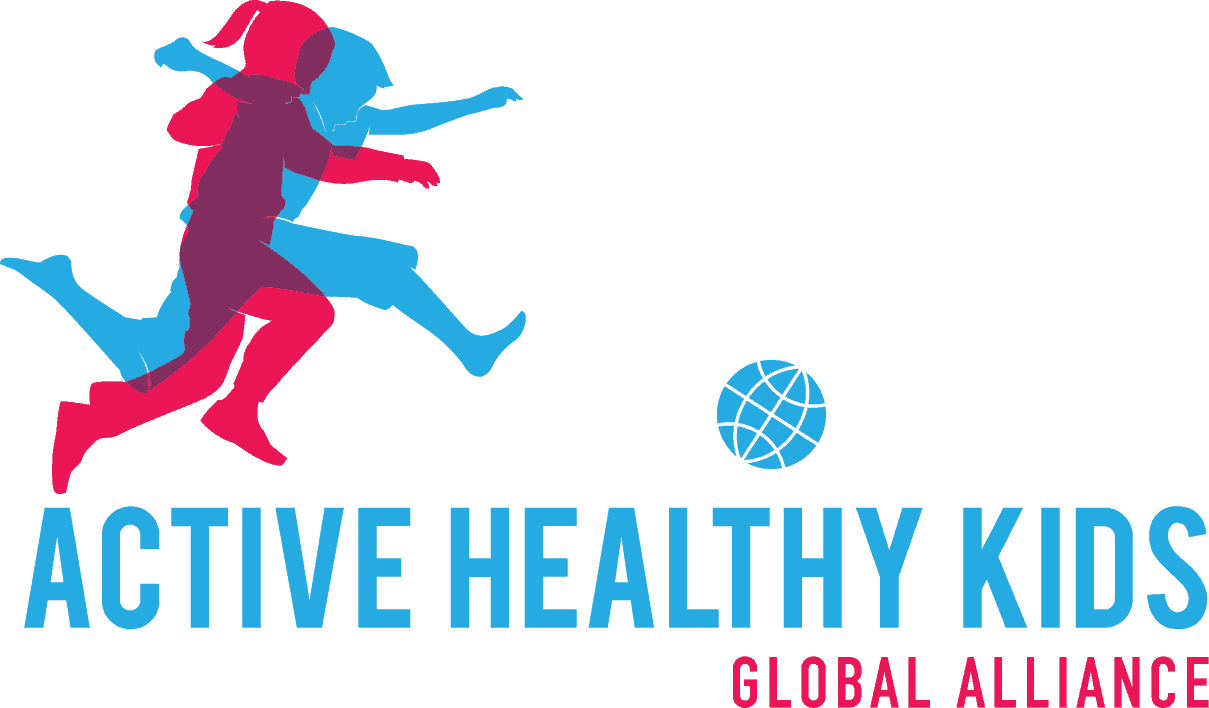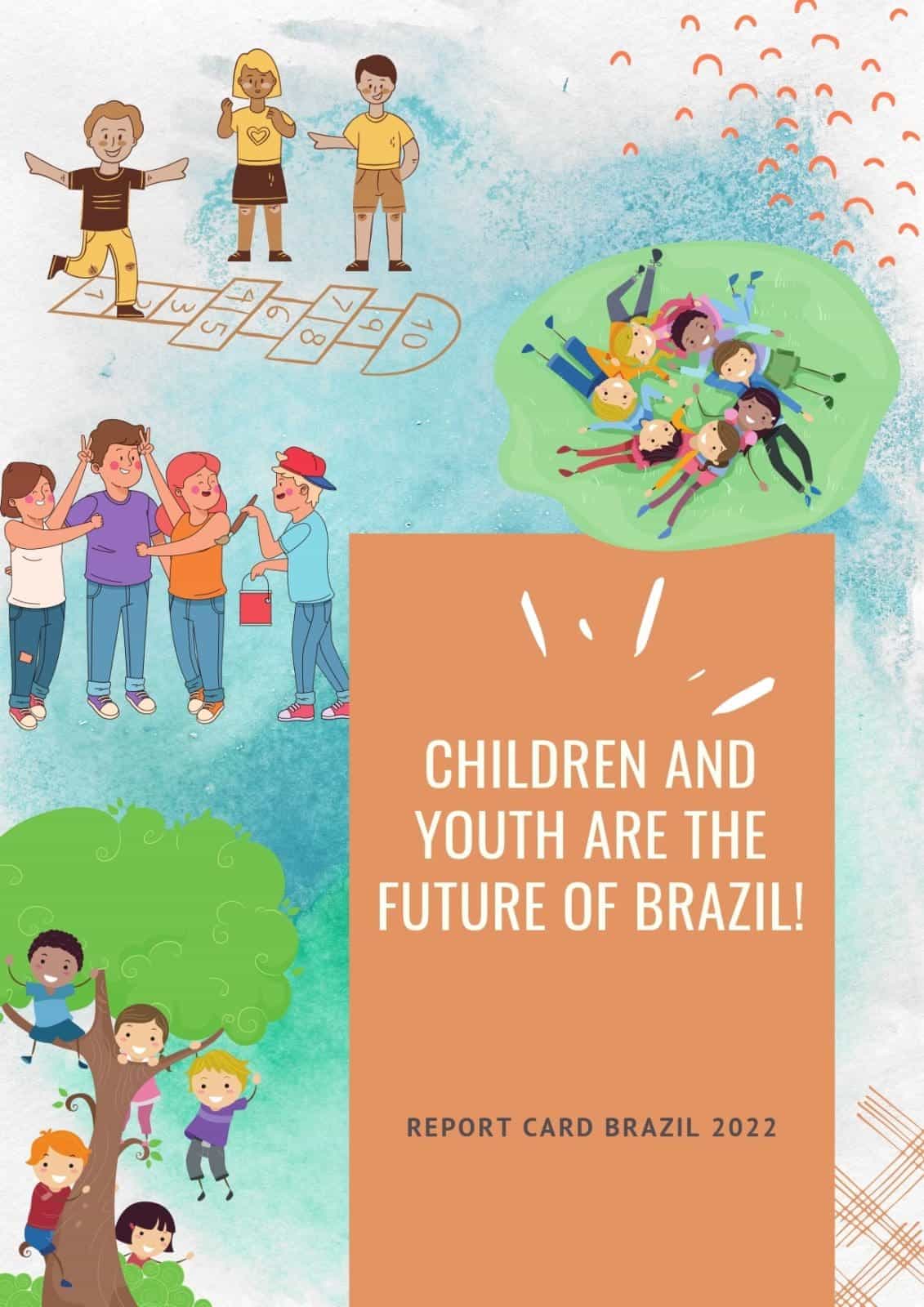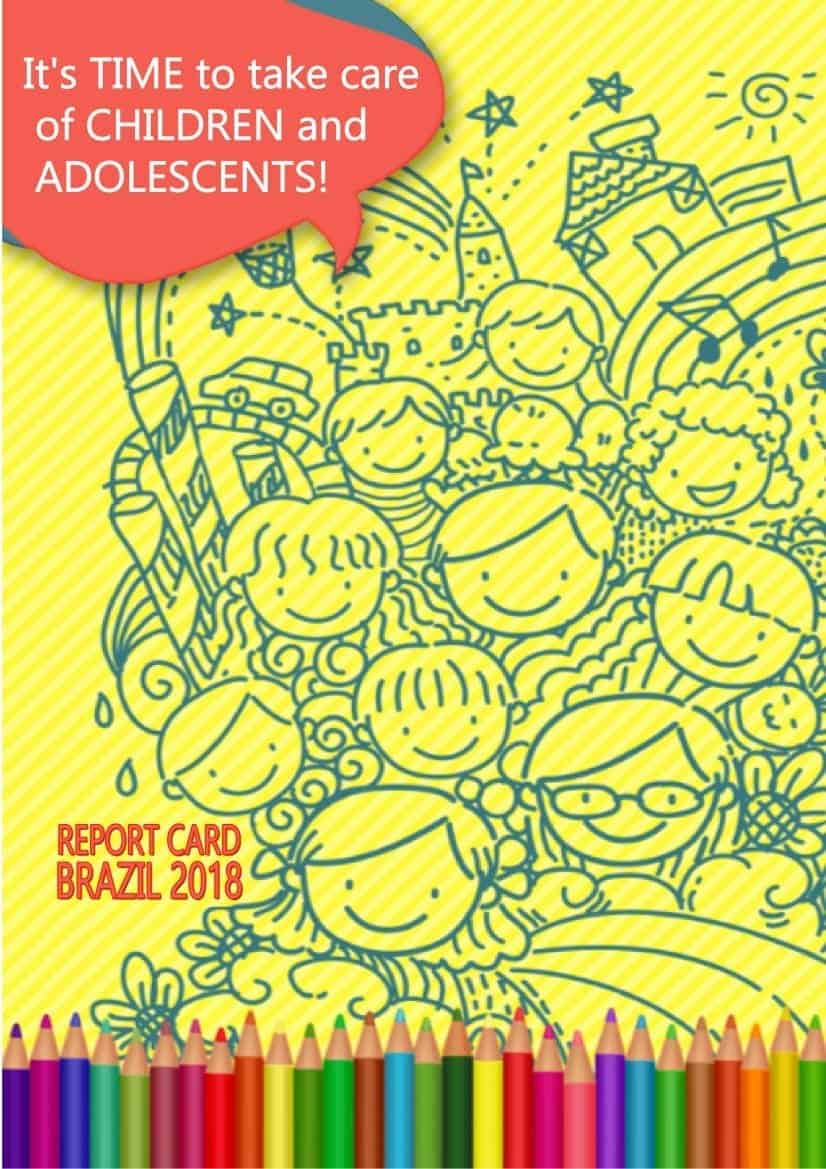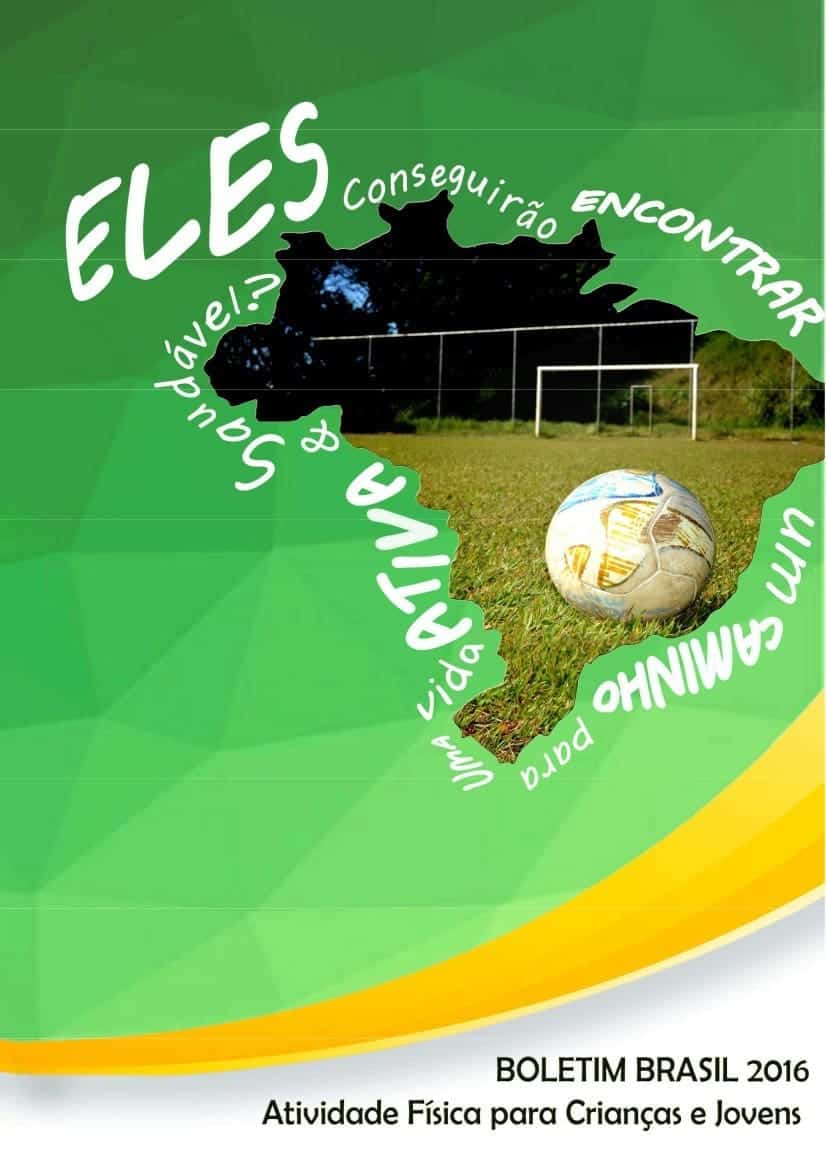

Report Card Leader
Diego Augusto Santos Silva, PH.D.
Dr. Silva is a Brazilian scientist with a multidisciplinary background, specializing in epidemiological studies focused on physical activity, health-related physical fitness, 24-hour movement behaviors, obesity, and human body composition measurement. He holds a degree in Kinesiology from the Federal University of Sergipe, Brazil, and pursued graduate studies at the Federal University of Santa Catarina (UFSC), Brazil, where he researched the effects of physical exercise on obese children during his Master’s and explored the relationship between obesity and hypertension in adults for his PhD. Currently, he is an Associate Professor at the Sports Center of the Federal University of Santa Catarina, where he also mentors Master’s and PhD students and supervises postdoctoral research in health-related physical activity. Dr. Silva collaborates with researchers in Brazil as well as across North America, Europe, and Oceania. Since 2016, he has contributed to the Brazilian Report Card, engaging with international leaders to present data that emphasize justice, equity, diversity, and inclusion for all children and youth. His strong background enables a broad dialogue in global health, connecting him with diverse fields of knowledge. Dr. Silva is a fellow of the CNPq (National Council for Scientific and Technological Development, Brazil) and was listed in Stanford University’s “World’s Top 2% Scientists” in 2021, 2022, 2023, and 2024.
Report Card Grades
- Overall Physical Activity: D
- Organized Sport and Physical Activity: C-
- Active Play: F
- Active Transportation: C
- Sedentary Behavior: D
- Physical Fitness: D+
- Family and Peers: C-
- School: B
- Community and Environment: C
- Government: D+*
Report Card Leader
Diego Augusto Santos Silva, Ph.D.
Dr. Silva is a Brazilian Scientist with a multidisciplinary background. He completed his undergraduate studies (in Kinesiology) in 2007 by the Federal University of Sergipe, Brazil. During the Master’s course in Kinesiology at the Federal University of Santa Catarina (UFSC), Brazil, he investigated the effect of high intensity physical exercise on obese children. In PhD studies in Kinesiology (UFSC), Dr. Silva investigated the relationship between obesity and hypertension in adults. Dr. Silva is interested in epidemiological studies and is part of different projects with researchers from Brazil, Canada, the United States and Portugal. He is an Associate Professor at the Federal University of Santa Catarina, Brazil, and has research projects in the areas of Physical Activity and Health, Body Composition, and Health-Related Physical Fitness. He is the leader of the Research Center in Kinanthropometry and Human Performance.
Report Card Grades
- Overall Physical Activity: D
- Organized Sport and Physical Activity: C+
- Active Play: D+
- Active Transportation: C
- Sedentary Behavior: D-
- Physical Fitness: D
- Family and Peers: C-
- School: C
- Community and Environment: C-
- Government: D+
Top Three Priorities
- Promote transparent and effective policies for the entire territory of Brazil. Many regions of Brazil do not have policies to promote physical activity.
- Add the promotion of physical activity as a priority in the school environment. Many schools in Brazil neglect Physical Education classes and therefore should prioritize such content. In addition, the promotion of physical activity should be a social responsibility of the school and not only of the Physical Education teacher.
- Improve the environmental structure of cities. Creating public parks, street paving, and environmental safety should be a top priority for children to play outdoors.
Report Card Leader
Testimonial
"Leading the Brazil’s Report Card has been a privilege since it represents a constant effort to seek the best evidences for physical activity indicators in children and young. The AHKGA Global Alliance 3.0 initiative is a pioneer in the health care of children and young around the world and presents physical activity as a key part of children's health care!" - Diego Augusto Santos Silva, Ph.D.
Conference Abstract: Movement to Move
Results From Brazil’s 2018 Report Card on Physical Activity for Children and Youth
Diego Augusto Santos Silva1, Diego Giulliano Destro Christofaro2, Gerson Luis de Moraes Ferrari3, Kelly Samara da Silva1, Nelson Nardo Jr.4, Roberto Jerônimo dos Santos Silva5, Rômulo Araújo Fernandes2, Valter Cordeiro Barbosa Filho6.
- Department of Physical Education, Federal University of Santa Catarina, Florianopolis, Brazil.
- Department of Physical Education, São Paulo State University, Presidente Prudente, Brazil.
- Department of Pediatrics, Federal University of São Paulo, Brazil and of the Centro de Investigación en Fisiologia del Ejercicio, Universidad Mayor, Santiago, Chile.
- Department of Physical Education, State University of Maringá, Maringá, Brazil.
- Department of Physical Education, Federal University of Sergipe, São Cristovão, Brazil.
- Federal Institute of Ceara, Boa Viagem Campus, Brazil.
Brief introduction
The practice of regular physical activity in children and adolescents is important for better health and development throughout the life course. The aim of the study is to summarize the results of Brazil’s 2018 Report Card.
Methods
The 2018 Report Card included the 10 core physical activity indicators and obesity prevalence, which made up four indicator dimensions: I) Daily Behaviors (Overall Physical Activity, Organized Sport Participation, Active Play, Active Transportation, Sedentary Behaviors); II) Settings and Sources of Influence (Family and Peers, School, Community and Environment); III) Government Strategies and Investments; and IV) Health Outcomes (Physical fitness, Obesity). Comprehensive searches, including peer-reviewed and gray literature searches, were performed for each indicator. Data was considered from systematic reviews, local and national surveys, national reports, website and official information from the Brazilian Government. The information that was published until December 2017 was considered for this research.
Results
In general, grades from the indicators in Brazil’s 2018 Report Card ranged from D- (sedentary behavior) to C (school). Only four out of ten indicators had grades of C or better.
Table 1: Grades for Brazil’s 2018 Report Card
| Indicator | Grade |
| Overall Physical Activity | D |
| Organized Sport Participation | C+ |
| Active Play | D+ |
| Active Transportation | C |
| Sedentary Behaviors | D- |
| Physical Fitness | D |
| Family and Peers | C+ |
| School | C |
| Community and Environment | C- |
| Government | D+ |
| Obesity | 14.5%* |
*The information was presented in prevalence.
Conclusions / recommendations
Research gaps remain that, if addressed, would better define the grades. One gap was that daily behaviors were mostly self-reported in the Brazilian data. Another gap was that Brazilian regions with less Postgraduate programs, such as the North, Northeast and Midwest, had less scientific information than South and Southeast regions. Promoting physical activity indicators among Brazilian children and adolescents is still a challenge for the country.
Report Card Grades
- Overall Physical Activity: C-
- Organized Sport Participation: INC
- Active Play: INC
- Active Transportation: C+
- Sedentary Behaviors: D+
- Family and Peers: C+
- School: INC
- Community and Built Environment: INC
- Government Strategies and Investments: D
Related Links
Recommendations
- Monitoring, periodically, the level of physical activity of kids and adolescents through the national study called National Reaserch of student’s health (in Portuguese: PENSE (Pesquisa Nacional da Saúde do Estudante);
- Promoting a better intersetorial articulation in order to improve the offer of approprieted places to physical activity practice;
- Build capacity on the education and health workers in order to improve their action on physical activity promotion;
- Recover the traditional games and promoted them among school children;
- Spread out the program called: city gym or health gym (Academia da Cidade ou Academia da Saúde) as a strategy to make the access to exercises an easy choice.
Report Card Leader
Nelson Nardo Jr., Ph.D.
Nelson Nardo Junior is a associated professor at State University of Maringa-Brazil, Master of Movement Science, Ph.D. in Human Nutrition. He is the coordinator of NEMO (Nucleo of Studies Multidisciplinar of Obesity) and vice director of the Health Science Centre. He is specially interested in applied research whose meaning is to develop new tecnologies to promote health and prevent diseases. Along with Gerson Ferrari (CELAFISCS) and Diego Silva (UFSC) they are working on the first Brazilian Report Card which is very important tool in order to promote improvements at that field.
Testimonial
"There are things in life which the money can not buy. And there are others that it can buy but that doesn’t guarantee that it will work out. The whole benefits of a living with plenty of pleasure physical activity is something that surely has an unmeasurable value. Therefore, we who know that really well have the obligation to spread out that knowledge." - Nelson Nardo Jr., Ph.D.
Conference Abstract: 6th International Congress on Physical Activity and Public Health
Results from Brazil’s 2016 Report Card on Physical Activity for Children and Youth
Nardo Junior N, Silva D A S, Ferrari G L M, Petroski E L, Pacheco R L, Martins P C, Oliveira L C, Araújo T L, Mendes A A, Lazarin S P B, Santos T L C, Matsudo V
Background: There are few studies that have analyzed in a comprehensive matter the physical activity (PA) in children and adolescents in Brazil. The aims of this work were to present a methodology used internationally and applied to develop the first Report Card on Physical Activity in Brazilian children and youth and to summarize its results. Methods: Three Brazilian research institutions coordinated the activities to develop the Brazil Report Card 2016. The data available were collected independently and after hamonized by the research work group (RWG) using the grade system developed for the First Global Matrix 2014 which includ nine indicators of PA. Results: Among the 9 indicators there were only 4 whose data were sufficient to grade. The Overall Physical Activity received a grade C-, Active Transportation reached a C+ grade, Sedentary Behaviors received a D+, and Government Strategies and Investments got the D grade. Conclusions: The indicadors available didn’t get good grades which reflect the challenge represented by the PA to our country. School physical education and after-school sports policies and programs exist but they just included a very small proportion of kids and youth and that must reviewed and corrected in order to change this game.
